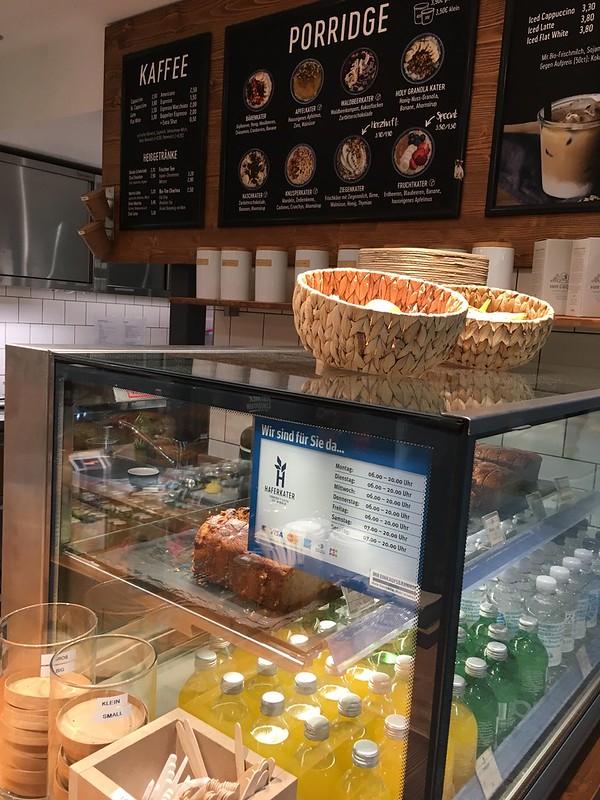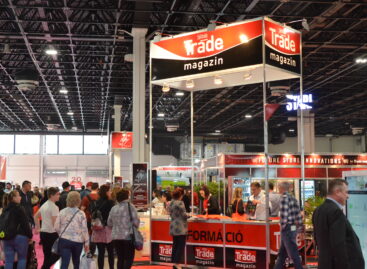Katjes sells stake in porridge business Haferkater back to founders
Katkes backed Haferkater via its investment arm Katjesgreenfood seven years ago.

German confectionery major Katjes Group has sold its 25% stake in local porridge business Haferkater back to the company’s founders.
The sale has netted Katjes around €2.5m ($2.7m).
Katjes backed Cologne-based Haferkater via its investment arm Katjesgreenfood seven years ago.
Haferkater sells on-the go porridge, granola and coffee via a network of shops and stalls across Germanyin part targeting commuters and travellers at railway stations. Some of its products are also aimed at people with hangovers.
The company highlights its sustainability credentials, sourcing German oats from controlled cultivation and then crushing the grains on-site. It began life as a single outlet in Berlin, formerly a kebab shop.
In a short statement confirming the stake sale, Katjesgreenfood said: “After a very successful collaboration for both sides since 2017, Katjesgreenfood is fulfilling the founders’ wish to follow examples like that of Patagonia and lead the company on an independent path in the long term.”
The investment arm of the sweets company puts money into up-and-coming food brands with an eye on innovation and alternative food sources.
Its key investments have included Veganz, a vegan supermarket chain in Germany (2016), Seven Sundays, a US muesli manufacturer, Wild Friends, a US plant-based, nut butter spreads maker and PigOut, a US alternative bacon products start-up.
In May 2023, the fund announced it had bought 10% of German cereal business Mymuesli. Katjesgreenfood said the investment was its largest minority shareholding to date.
Just Food
Related news
Every second German drinks plant-based
🎧 Hallgasd a cikket: Lejátszás Szünet Folytatás Leállítás Nyelv: Auto…
Read more >ZEW: Economic expectations worsened in Germany and the euro area in February
🎧 Hallgasd a cikket: Lejátszás Szünet Folytatás Leállítás Nyelv: Auto…
Read more >Related news
The Store of the Future opens again at the SIRHA Budapest exhibition! (Part 4)
🎧 Hallgasd a cikket: Lejátszás Szünet Folytatás Leállítás Nyelv: Auto…
Read more >Spring whirlwind at the 60th anniversary EuroShop trade fair
🎧 Hallgasd a cikket: Lejátszás Szünet Folytatás Leállítás Nyelv: Auto…
Read more >The economic sentiment index deteriorated in the euro area and the EU in February, but improved in Hungary
🎧 Hallgasd a cikket: Lejátszás Szünet Folytatás Leállítás Nyelv: Auto…
Read more >








